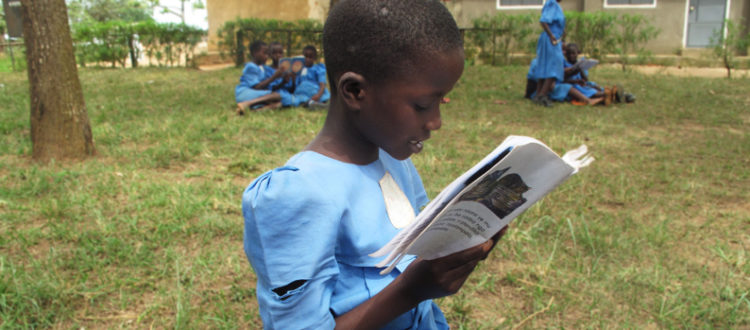1st Annual Conference, Global Health and Economic Strengthening in Sub-Saharan Africa – May 13-14, 2014
The 1st Annual Conference on Global Health and Economic Strengthening in Sub-Saharan Africa was held at the University of Chicago School of Social Service Administration in Chicago, Illinois, USA, May 13-14, 2014, and co-sponsored by the University of Chicago School of Social Service Administration, International Center for Child Health & Asset Development (ICHAD), the Child Protection in Crisis (CPC) Learning Network, and New York University’s McSilver Institute for Poverty Policy and Research.
A first-of-its-kind forum for innovative economic strengthening research dedicated to improving health, education and well-being outcomes of vulnerable children, adolescents, families, and communities in low-resource settings, including children affected by HIV/AIDS, and humanitarian disasters.
Background
Over one-third of the global population is under the age of 19, and 90% of these youth live in developing countries. Nearly half of developing country youth live on less than two dollars a day, and poverty exacerbates threats to well-being. In sub-Saharan Africa, the interactive effects of youth poverty and disease are particularly severe. Decades of economic crisis, the AIDS pandemic, and civil conflict have left millions of African youth orphaned or otherwise vulnerable while simultaneously weakening family support systems. Fifteen million youth in sub-Saharan Africa have lost at least one parent to HIV/AIDS. These youth disproportionately miss out on education and are more likely to engage in risktaking behavior such as unprotected sex and substance abuse. An equally significant number are affected by wars and civil conflict. If unaddressed, the mutually reinforcing crises of youth poverty and disease threaten fragile development gains, suggesting a devastating downward spiral in human development over the next generation. Dr. Fred Ssewamala began the first study to connect economic strengthening and children’s health outcomes in Uganda in 2003, followed by several subsequent studies including the present Suubi and Bridges studies funded by the National Institutes of Health. Today, the International Center for Child Health & Asset Development (ICHAD); the Child Protection in Crisis (CPC) Learning Network; and New York University’s McSilver Institute for Poverty Policy and Research are leading several studies focused on economic strengthening in sub-Saharan Africa, and have published in high impact academic journals including American Journal of Public Health, Social Science and Medicine, Journal of Adolescent Health, Journal of Epidemiology and Community Health and Social Service Review.
The Global Perspectives on Adolescent Health and Economic Strengthening conference was the first of its kind, providing a forum for exchange, dissemination, and development of innovative economic strengthening research in sub-Saharan Africa over the past decade. The conference brought together researchers, practitioners, academics, and programmers to exchange ideas, showcased evidence, shared lessons learned from field studies, and offered suggestions for future research. In addition, participants discussed the future of economic strengthening programs in low-resource communities, especially communities affected by poverty and disease, including HIV/AIDS, and children in emergency situations.

